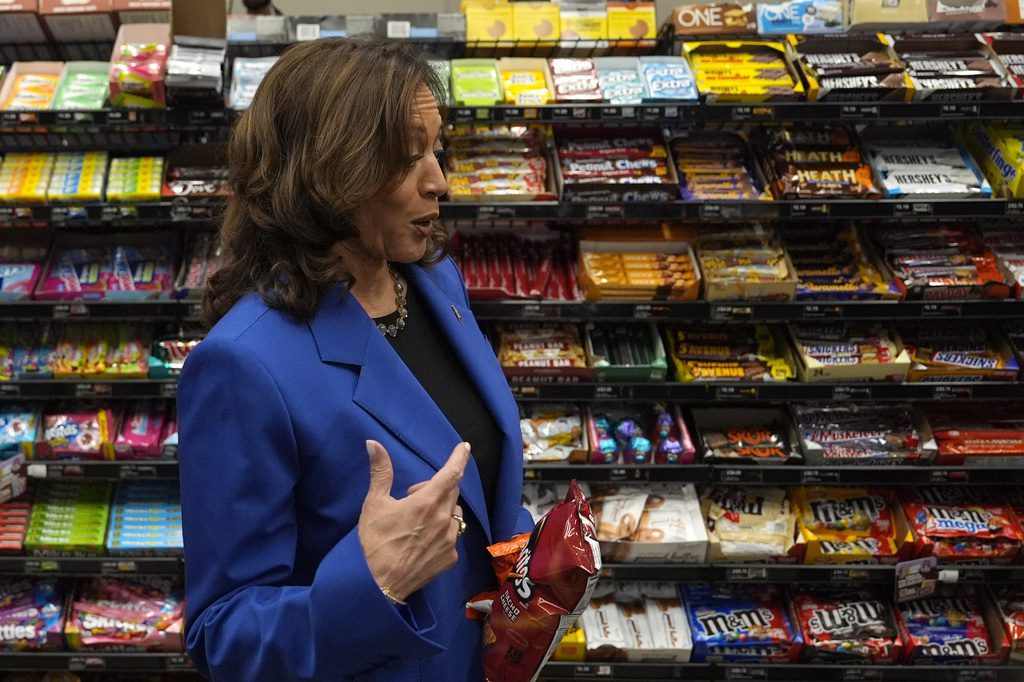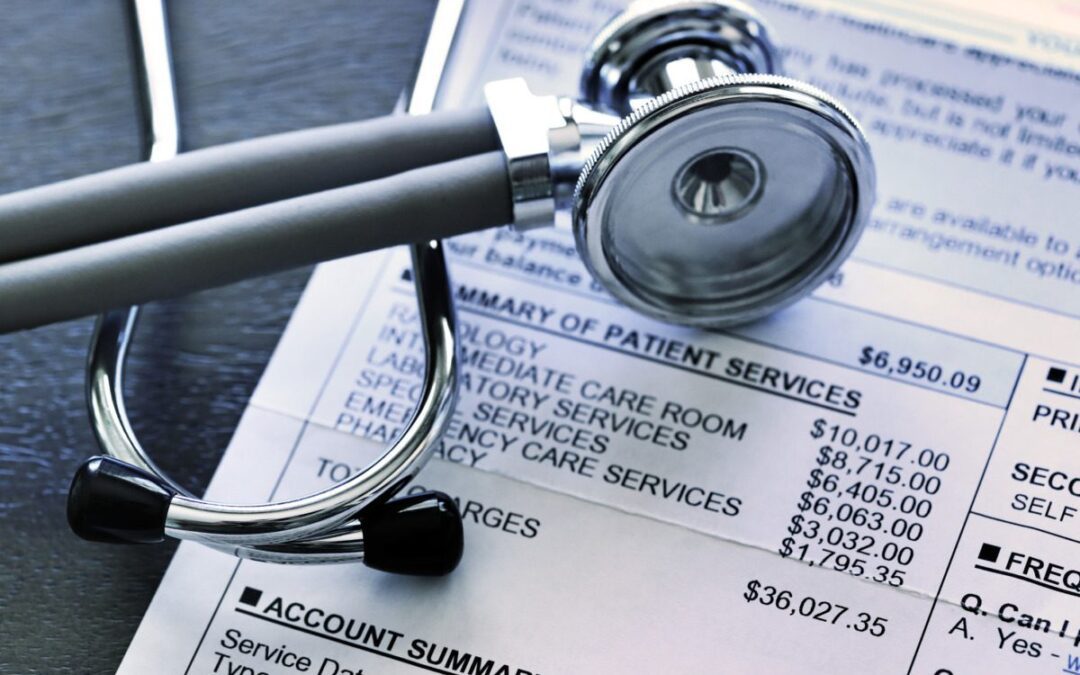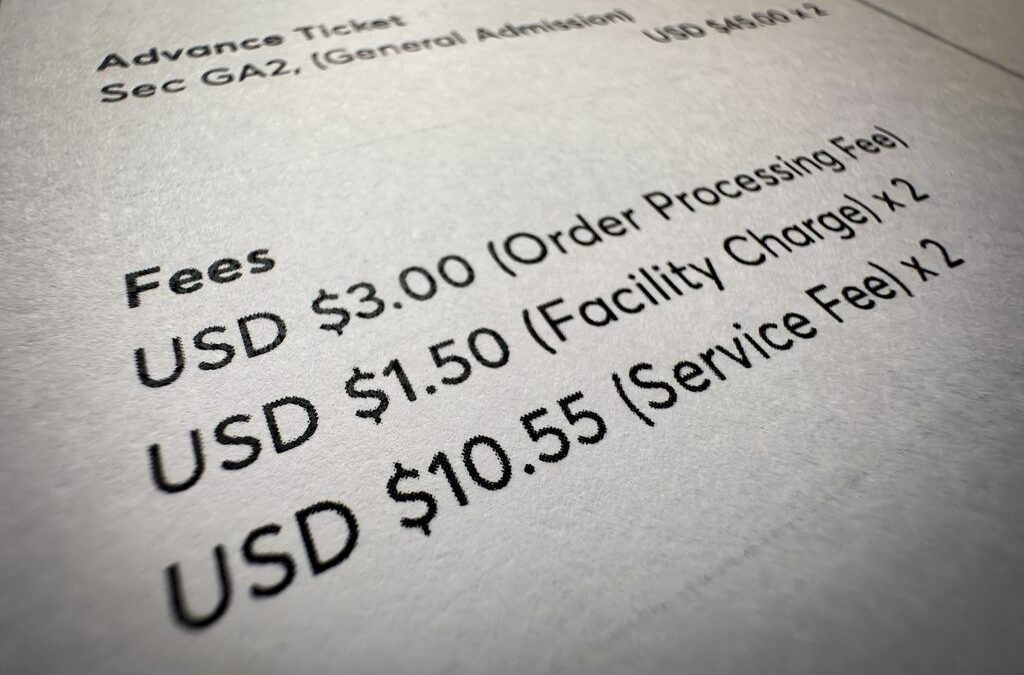
Democratic presidential nominee Vice President Kamala Harris holds a bag of Doritos chips at Sheetz convenience store during a campaign stop, Sunday, Aug. 18, 2024, in Coralpolis, Pa. (AP Photo/Julia Nikhinson)
The vice president has said that she will call on Congress to pass a federal ban on price gouging and give the Federal Trade Commission more authority to prevent consolidation in the food industry.
Kamala Harris last month unveiled her plan to address the rising cost of food that has left many Virginia families struggling to get by.
During a speech in North Carolina, the Democratic nominee for president said she’d call on Congress to pass a federal ban on price gouging if elected.
“I will work to pass the first-ever federal ban on price [gouging] on food,” Harris said. “My plan will include new penalties for opportunistic companies that exploit crises and break the rules, and we will support smaller food businesses that are trying to play by the rules and get ahead. We will help the food industry become more competitive, because I believe competition is the lifeblood of our economy.”
Harris’ proposal comes amid growing scrutiny of the food and grocery sector, as the pandemic-era surge in food prices coincided with booming corporate profits and growing consolidation among food producers and grocery stores, drawing accusations of price-gouging and corporate greed.
Harris’ call for a federal ban on price gouging mirrors legislation from Democratic Sens. Elizabeth Warren (D-Mass.), Bob Casey (D-Pa.), Tammy Baldwin (D-Wis.), and others. That legislation, however, has been stalled in Congress amid Republican opposition.
According to the latest data, food prices have risen roughly 26% since the beginning of the pandemic, according to the Federal Reserve Bank of St. Louis. Data also shows that the prices of staples—such as eggs and dairy products—have jumped even more. Between Nov. 2020 and March 2024, the average price of eggs rose 54%. Milk prices rose 36% over that same time period, and cheese and butter rose about 30% respectively.
“Every day across our nation, families talk about their plans for the future, their ambitions, their aspirations for themselves, for their children. And they talk about how they’re going to be able to actually achieve them financially, because, look, the bills add up,” Harris said in North Carolina. “Food, rent, gas, back to school clothes, prescription medications. After all that, for many families, there’s not much left at the end of the month.”
A poll from Data for Progress earlier this year found that the majority of voters (57%) are concerned about inflation and have identified the cost of food and groceries as their top inflation-related concern going into November’s election. The poll also found that these voters primarily blame food manufacturers and grocery stores for the higher prices, believing that companies have been “raising prices to maximize profits.”
That belief has some merit. Grocery store and corporate food brand profits have risen in recent years. In fact, while grocery store margins have stayed elevated, an analysis from the White House Council of Economic Advisers suggests that these elevated profit margins could be contributing to the high price of food in grocery stores. The analysis also found that food and beverage stores had increased their margins by about 2% since the pandemic began, reaching the highest level in decades.
Besides price gouging, Harris has also highlighted the “extreme consolidation in the food industry” that’s “led to higher prices that account for a large part of higher grocery bills,” while on the campaign trail.
For example, in August, Mars Inc. announced a $30 billion proposed merger with Kellanova, a company created from the snack foods under the Kellogg’s label. If the merger goes through, M&M’s, 3 Musketeers, Milky Way, Altoids, Twix, Starburst, Combos, Kind Bars, Life Savers, Snickers, Skittles, Pringles, Cheez-It, Pop-Tarts, Carr’s, Town House, Zesta, Nutri-Grain, Rice Krispies Treats, Eggo, RXBAR, Special K, and MorningStar would all be put under the same corporate parent. Essentially all chewing gum brands in the US would be owned by the same entity as well.
Although the Mars-Kellanova merger is the largest proposed this year, it’s not the only one. Campbell Soup’s purchase of Sovos Brands and J.M. Smucker’s acquisition of Hostess Brands, have both gone through in the last year, for example.
A trial that could temporarily halt the merger of grocery giants Kroger and Albertsons is also currently underway in Oregon. The Federal Trade Commission (FTC) and nine state attorneys general sued to block the merger earlier this year. In the agency’s view, the merger would reduce business competition in multiple markets and reduce wages for grocery workers.
This merger challenge serves as an example of Harris’ stated principle that more enforcement actions need to be taken by the Federal Trade Commission (FTC) in regards to preventing consolidation in the food industry.
Evidence produced thus far in the trial has also shown that Kroeger and Albertsons’ operating margins and overall profitability grew significantly higher post-pandemic and have remained elevated. This phenomenon could worsen should these two companies be allowed to combine.
According to the Center for Science in the Public Interest, a non-profit watchdog and consumer advocacy group, merging giant grocery chains threatens Americans’ food security as well.
“When grocery store chains merge, they reduce competition,” the center states. “And when grocery chains don’t have adequate competition, they can raise prices without losing customers. Already historically high food prices are keeping Americans from accessing enough food and healthy food. An increase in the price of groceries driven by mergers and acquisitions is likely to make accessing healthy, affordable foods even harder.”

Medical debt will no longer appear on credit reports for all Americans
This new rule will erase an estimated $49 billion in unpaid medical bills from the credit reports of roughly 15 million Americans, according to the...

Sick of hidden fees on concert tickets and hotel stays? A new federal rule bans them.
Now, live event businesses and hotels must clearly list their prices in both their advertising and pricing information. American consumers on...

Trump’s economic plans would worsen inflation, experts say
Mainstream economists warn that Trump's plans to impose huge tariffs on imported goods, deport millions of migrant workers, and demand a voice in...

Harris wants to give working families a tax cut and raise taxes on corporations. Trump would do the opposite.
Kamala Harris has proposed increasing the corporate tax rate, expanding the child tax credit, and cutting taxes for more than 100 million working...

Harris wants to cap child care costs and expand the child tax credit. Trump’s solution? Tariffs.
Harris has proposed capping families’ child care costs to 7% of their income and offering families of newborns up to $6,000 in the first year of the...

Harris wants to lower grocery prices by taking on price gouging. Trump’s plan would increase prices.
Kamala Harris has said that she will call on Congress to pass a federal ban on price gouging and give the federal government more authority to...





